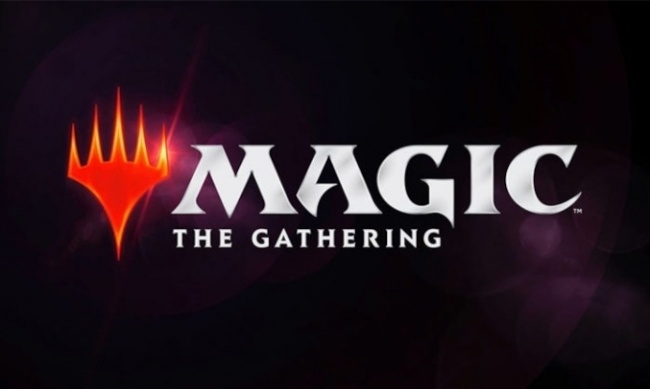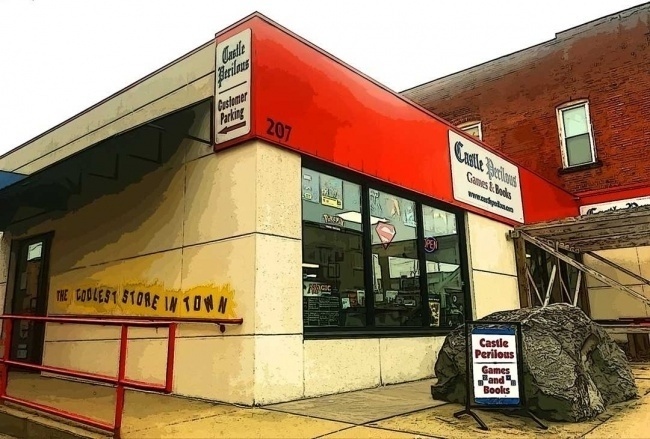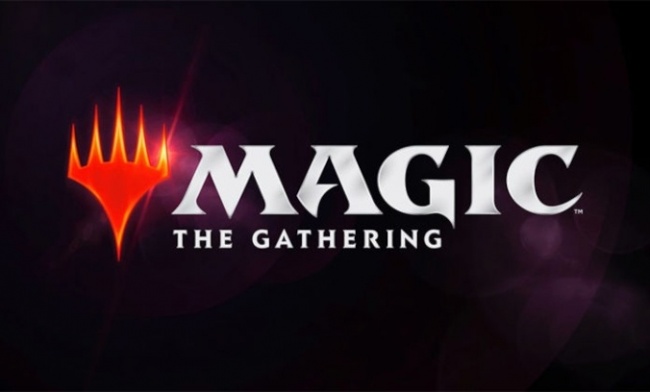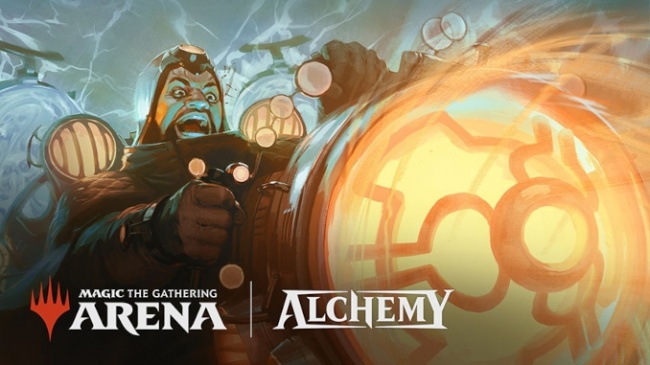Rolling for Initiative is a weekly column by Scott Thorne, PhD, owner of Castle Perilous Games & Books in Carbondale, Illinois and instructor in marketing at Southeast Missouri State University. This week, Thorne ponders whether or not we've returned to the 90s as far as collectible cards are concerned.
With the announcement of the introduction of card parallels in Magic: The Gathering sets (see "WotC Adds Card Parallels to 'Magic'"), I do wonder if anyone overseeing the Magic line at Hasbro/Wizards of the Coast remembers the 1990s. During that decade, multiple covers, plastic crystals, and lenticular covers paved the way for the comic crash of the late 90s as The Hollywood Reporter points out. Happily, those days have not returned, though there are certainly a lot of variant covers out there now. Similarly as Slate, points out, during the same period, sports cards evolved from a humble hobby pursued primarily by boys to something touted by no less than the Wall Street Journal as an "inflation hedge." Companies such as Upper Deck and Donruss introduced autograph cards, swatch cards and other chase cards further driving a speculation boom, leading to the eventual collapse of the market and cards that sold for hundreds of dollars now worth a fraction of that.
Similarly, I fear that WotC/Hasbro has glommed onto the "collectible" aspect of the collectible card game aspect while downplaying the "game" aspect of it. The introduction of Set Boosters and Collector Boosters does little to enhance gameplay, but instead targets the collector market, and while collecting has always been part and parcel of the Magic universe, it was subsidiary to gameplay: "How will this card improve my deck?" While early sets of Magic did, on occasion, include multiple types of the same card (the various season illustrations on Urza’s Tower, for example), they were few and far between, with most players happy to have four to put into their deck, without worrying about getting all the variants.
From what I can tell, WotC’s current marketing plan, with the introduction of Alchemy, focuses on moving actual play online (as I have had a number of customers comment), while promoting the collectible aspect of the game with a number of variants of each card available with each release. Set boosters and Collector boosters are specifically designed for this market, which, according to WotC, is large enough to drive demand for the two additional varieties of card sets within the past two years to what is essentially a segment of the Magic target market. Add in, by my count, 45 Secret Lair releases in the past year, and the Magic market has seen a lot of product flooding into the market within a short period of time.
Unlike the sports cards and comic book boom and bust of the 1990s, most of the revenues from the Magic boom funnel into one company, so flooding the market with Magic product primarily benefits WotC/Hasbro. Given Hasbro’s current market capitalization of $13.6 billion, according to CNN Business, any implosion of the Magic market would have serious repercussions to the company, especially since much of its current growth has come from the WotC division, but would not drive the company into bankruptcy (as was the case for a number of 90s-era sports card and comic publishers after the implosion of their respective markets). Maybe WotC has done the analysis as to how much Magic product the market can absorb and has determined the company can safely ramp up its number of releases without oversaturating the market. I hope so.
The opinions expressed in this column are solely those of the writer, and do not necessarily reflect the views of the editorial staff of ICv2.com.

Column by Scott Thorne
Posted by Scott Thorne on December 13, 2021 @ 12:55 am CT





